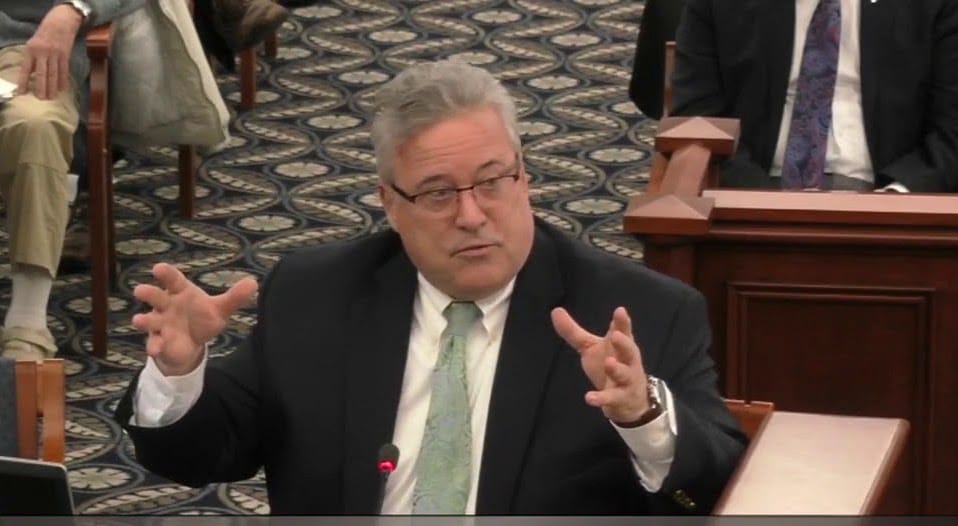Local Broadband is the Solution to Paucity of Access in United States, Say Panelists at Merit Network Webinar
June 2, 2020 — Internet access in the United States is sorely lacking, and the solution lies in local broadband, said participants in a Merit Network webinar last week. The webinar, which featured Jim Baller, president of the Coalition for Local Internet Choice, and Michael Watza, general counsel to










Member discussion